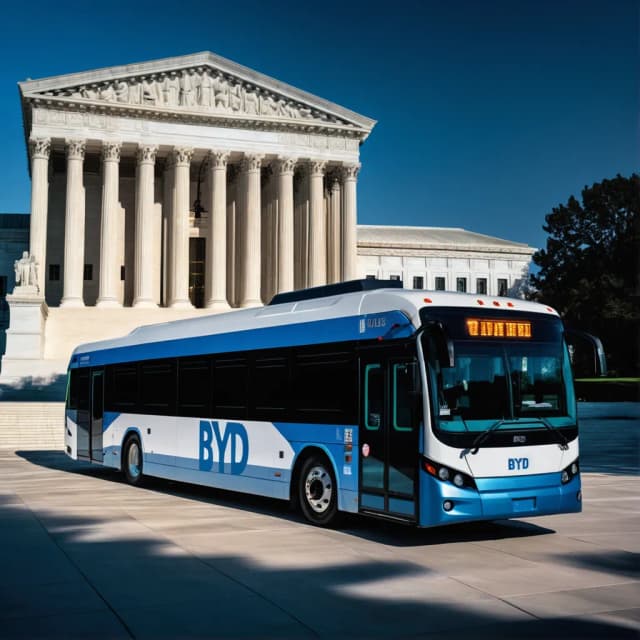Tesla’s FSD Data Claims 5M Miles Per Collision Amid Waymo Scrutiny
How does Tesla's FSD safety data compare to human drivers?
What makes Tesla's FSD system safer than Waymo's technology?
Why is Tesla defending its FSD data against scrutiny?

- Tesla asserts Full Self-Driving (FSD) supervised software delivers markedly safer driving performance.
- Questions remain over the depth of data transparency and comparisons to rivals like Waymo.
On November 15, 2025, Cryptopolitan reported Tesla’s release of a detailed safety report on its Full Self-Driving (FSD) supervised software. This announcement marks a move toward addressing public concerns about autonomous vehicle safety and responding to criticism—particularly from Waymo co-CEO Tekedra Mawakana—over Tesla’s limited disclosure practices. Tesla’s safety reporting has historically centered on its more basic Autopilot system, leaving gaps in understanding the performance of its more advanced technologies.
Tesla now claims vehicles equipped with FSD supervised software in North America cover approximately 5 million miles before a major collision, and 1.5 million miles before a minor one. Major collisions are defined as incidents necessitating airbag deployment or other irreversible safety measures, including those occurring within a five-second window after disengaging FSD.
As part of its report, Tesla drew comparisons to the National Highway Traffic Safety Administration (NHTSA) data, which presents stark contrasts. According to NHTSA, average drivers travel 699,000 miles between major collisions and 299,000 miles between minor ones. Tesla further emphasized its superiority in FSD-specific metrics, claiming 2.9 million miles per major collision—well above NHTSA’s general driving average of 505,000 miles—and 986,000 miles per minor collision, surpassing NHTSA’s average of 178,000 miles.
Despite these figures, Tesla’s data has sparked skepticism. Observers note the lack of granular detail and absence of direct, standardized comparisons with other industry leaders such as Waymo. Waymo, whose autonomous vehicle technology is widely marketed as safer than human drivers, has released more comprehensive safety reports. Tesla has yet to disclose findings from its Robotaxi pilot program in Austin, Texas, leaving questions unanswered about how its claims hold up under broader scrutiny.
Tesla’s broader strategy appears aimed at reassuring both investors and regulators of its autonomous technology’s reliability. By emphasizing data, the company hopes to buttress confidence in its leadership in the competitive autonomous vehicle industry. Whether these efforts succeed, however, may hinge on validating its claims amidst continuing pressure from rivals and regulatory challenges. In a field where transparency matters as much as performance, Tesla’s limited disclosures underline the balancing act required to build trust and maintain its position.
Get real-time crypto breaking news on Unblock Media Telegram! (Click)










